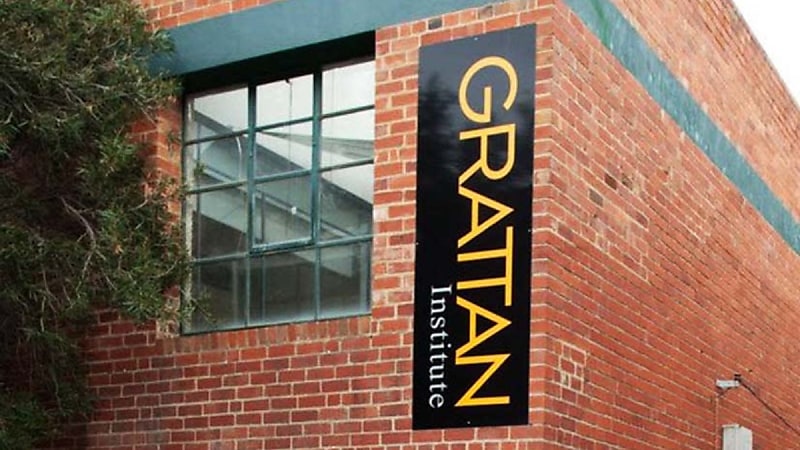Tax breaks should be wound back says think tank
Raising the Division 293 tax, lowering the cap on pre-tax super contributions, abolishing carry-forward provisions and government co-contributions, and taxing earnings on super accounts larger than $2 million could save the government more than $11 billion a year according to the Grattan Institute.
In its latest report titled Super savings: Practical policies for fairer superannuation and a stronger budget, the institute shows super tax breaks cost the budget $45 billion a year – or about two per cent of GDP – and will soon exceed the cost of the Age Pension.
The Institute argues that tax breaks on superannuation are excessively generous and should be wound back to help fix the budget.
“These tax breaks are not well-targeted. Two-thirds of their value benefit the top 20 per cent of income earners, who are already saving enough for their retirement,” the report stated.
“Retirees with big superannuation accounts pay much less tax per dollar of super earnings than younger workers do on their wages.
“Much of the boost to super balances from tax breaks is never spent. By 2060, one-third of all withdrawals from super will be via bequests – up from one-fifth today.
“Super has become a taxpayer-funded inheritance scheme.”
The report concluded reining in super tax breaks is a responsible way to boost government revenues where the government has committed to higher spending on defence, healthcare, aged care, and disability care.
The recommendations in the report include:
- Raising Division 293 tax, which curbs tax breaks to high-income earners on their pre-tax super contributions, from 30 per cent to 35 per cent, and lowering the income threshold at which the tax applies, from $250,000 to $220,000 a year. This would save the budget about $1.1 billion a year and stop many high-income earners benefitting from larger tax breaks, per dollar contributed to their super, than low- and middle-income earners.
- Lowering the cap on pre-tax super contributions, from $27,500 to $20,000 a year. This would save about $1.6 billion a year, mostly by reducing voluntary contributions made by older, wealthier Australians to minimise their income tax bills.
- Abolishing carry-forward provisions and government co-contributions, which were intended to encourage catch-up contributions but in fact facilitate tax minimisation. This would save about $1.1 billion a year.
- Taxing all superannuation earnings in retirement at 15 per cent – the same rate that applies to super earnings before retirement. This would save more than $5.3 billion a year.
- Taxing earnings on super accounts larger than $2 million – rather than $3 million as proposed by the Albanese government – at 30 per cent. This would save about $3 billion a year, compared to about $2 billion a year under the government’s plan.


